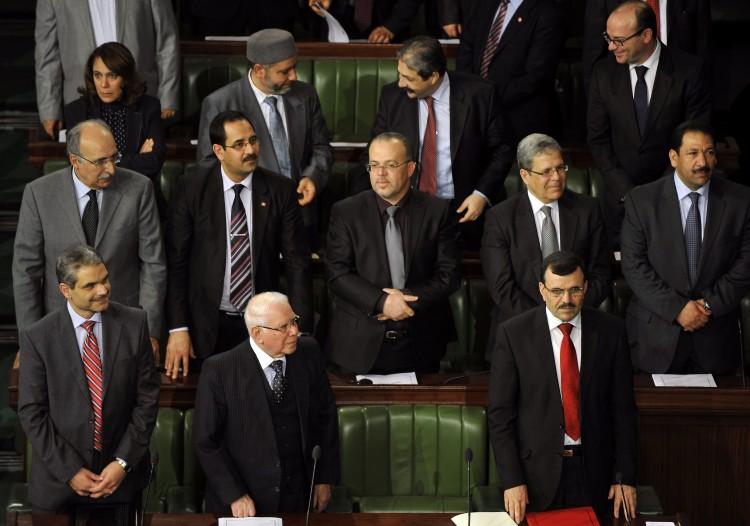New Tunisian Government: Tunisian Prime Minister Ali Larayedh’s new cabinet lineup won a vote of confidence on Tuesday—a tip of the scale in favor of stability amid unrest.
Since the 2010 uprising against Zine al-Abidine Ben Ali, the nation’s leadership has been unable to establish a strong grip on administration due to infighting.
The 2010 uprising was sparked by the self-immolation of a street vendor; he set himself on fire when a police officer seized his fruit cart. Several similar self-immolation incidents have occurred since, the latest being that of 27-year-old Adel Kedhri on Tuesday.
Kedhri was in despair after an extended period of unemployment, according to Reuters. Unemployment is at 17 percent in Tunisia, reports Reuters.
The assassination of opposition leader Chokri Belaid on Feb. 6, 2013, also highlights the tensions in Tunisia. An Islamic extremist is the suspected assassin.
At a Feb. 6 United Nations (U.N.) press briefing, Spokesperson for the Secretary-General Martin Nesirky, conveyed the United Nation’s condolences and regret at the loss of a “prominent defender of human rights and democratic values.”
“Such acts … threaten to seriously undermine the democratic transition in post-revolution Tunisia,” Nesirky said, citing the U.N. High Commissioner for Human Rights Navi Pillay.
Tunisian Assembly speaker Mustapha Ben Jaafar called for solidarity and confidence in the government, according to a March 11 report by Egyptian publication Al-Ahram: “We must abandon narrow party interests even if that means making sacrifices, retreating. It is in the interests of Tunisians.”
The leading party, Ennahda won the confidence votes of 139 out of 217 assembly members. Ennahda has supported a pure parliamentary system, according to Al-Ahram, rather than greater presidential power others have pushed for.
U.S. Secretary of State John Kerry welcomed the news, and urged Tunisia to quickly fix a date for this year’s elections.
“The United States welcomes the establishment of a new government under the leadership of Prime Minister Laarayedh,” Kerry wrote in a statement Wednesday.
“Announcing a fixed election date will provide clarity about the direction of Tunisia’s democratic transition and will help stabilize the political, security, and economic situation,” Kerry said.
The proposed dates are currently April 27 to finalize the constitution, and October 27 for the next general election. These dates are, however, still being debated by the government.
The Epoch Times publishes in 35 countries and in 21 languages. Subscribe to our e-newsletter.
